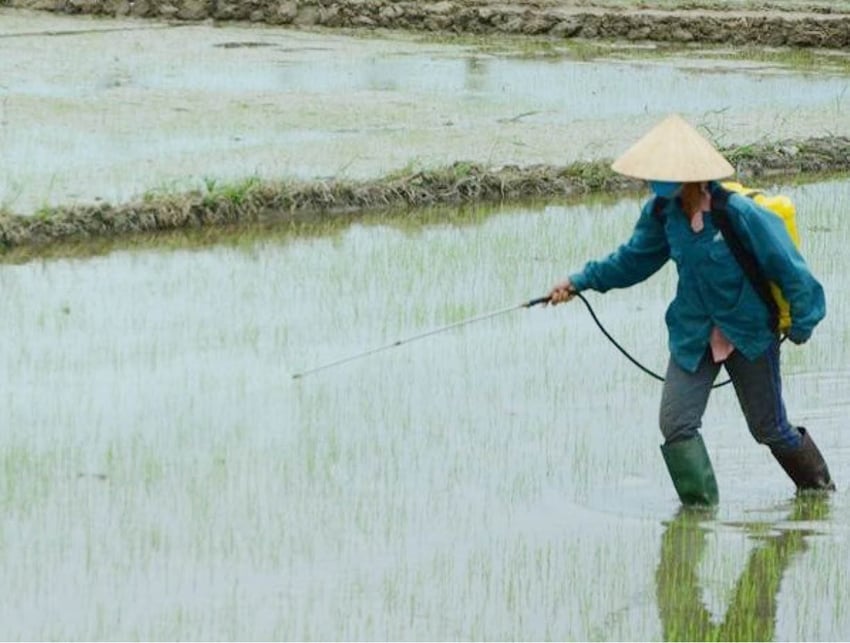 |
| Pest control from the beginning of the season |
The 2024-2025 winter-spring crop has only been planted for about a month, but farmers are already preparing to prevent pests and diseases. Pests and diseases can reduce rice yields by 10-15% and affect product quality.
Head of the Department of Cultivation and Plant Protection of Hue City, Mr. Ho Dinh, affirmed that with the current "everyone does it their own way" farming method, it is very difficult to completely handle pests and diseases, and harmful rats and snails. There is still a situation where people do not comply with the crop calendar, sowing fields first, planting fields later, making the management and prevention of pests and diseases unsynchronized and facing many difficulties. In the same field, some people sow this rice variety, others sow another variety, when pests and diseases occur, each person uses different types of medicine, which also makes pest control not as effective as desired.
The current widespread trading and selling of pesticides is very difficult to manage and control quality. People only buy when they see cheap prices, and do not care about the quality of pesticides. Meanwhile, the number of plant protection officers at all levels is very small, so it is difficult to inspect and supervise pesticide establishments and agents, especially in small-scale retailers. Local authorities have a list of establishments trading in pesticides, plant varieties, and fertilizers, but there is no plan for inspection and supervision.
According to the warning of the Plant Protection Agency, the 2024-2025 winter-spring crop is facing many risks of harmful pests and diseases like every year. The immediate measure implemented by the provincial Plant Protection Agency is to strengthen patrolling and controlling fields, assigning staff to stay in the fields and at fixed survey points to grasp the stages of development, forecast and accurately estimate harmful organisms. From there, issue periodic announcements on the expected situation of harmful pests and diseases every 7 days, 30 days/time and deploy measures to guide people in organizing prevention and control.
One of the important measures is the close coordination between agencies, departments, and local authorities in preventing pests and diseases that harm rice and crops. The City's Department of Crop Production and Plant Protection is coordinating with the Plant Protection Institute, the University of Agriculture and Forestry, Hue University, Plant Protection Center Zone 4, etc. to organize training courses to improve the capacity of investigating, detecting, diagnosing, identifying, and isolating plant pests for the team of plant protection technical staff.
Plant protection officers regularly visit the fields, instructing farmers on the use of plant protection chemicals according to the “four rights” principle (right drug, right time, right dosage, right method). Technical officers recommend that farmers minimize the use of pesticides and herbicides to ensure product quality and avoid environmental pollution, while increasing the use of biological products in pest control. Pesticide packaging and bottles must be collected and disposed of in the right place.
Source: https://huengaynay.vn/kinh-te/nong-nghiep-nong-thon/ung-pho-sau-benh-hai-lua-ngay-tu-dau-vu-150730.html


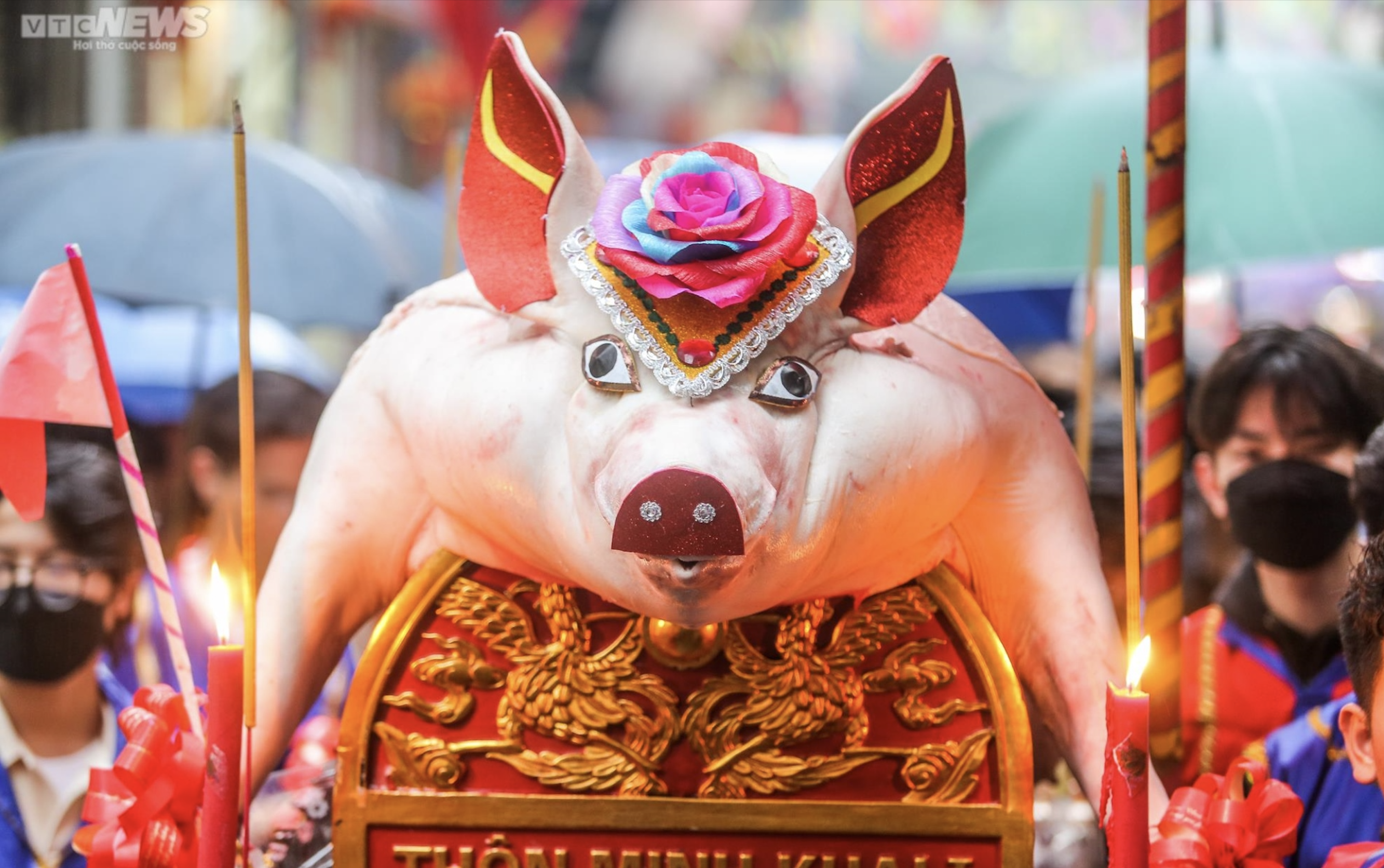

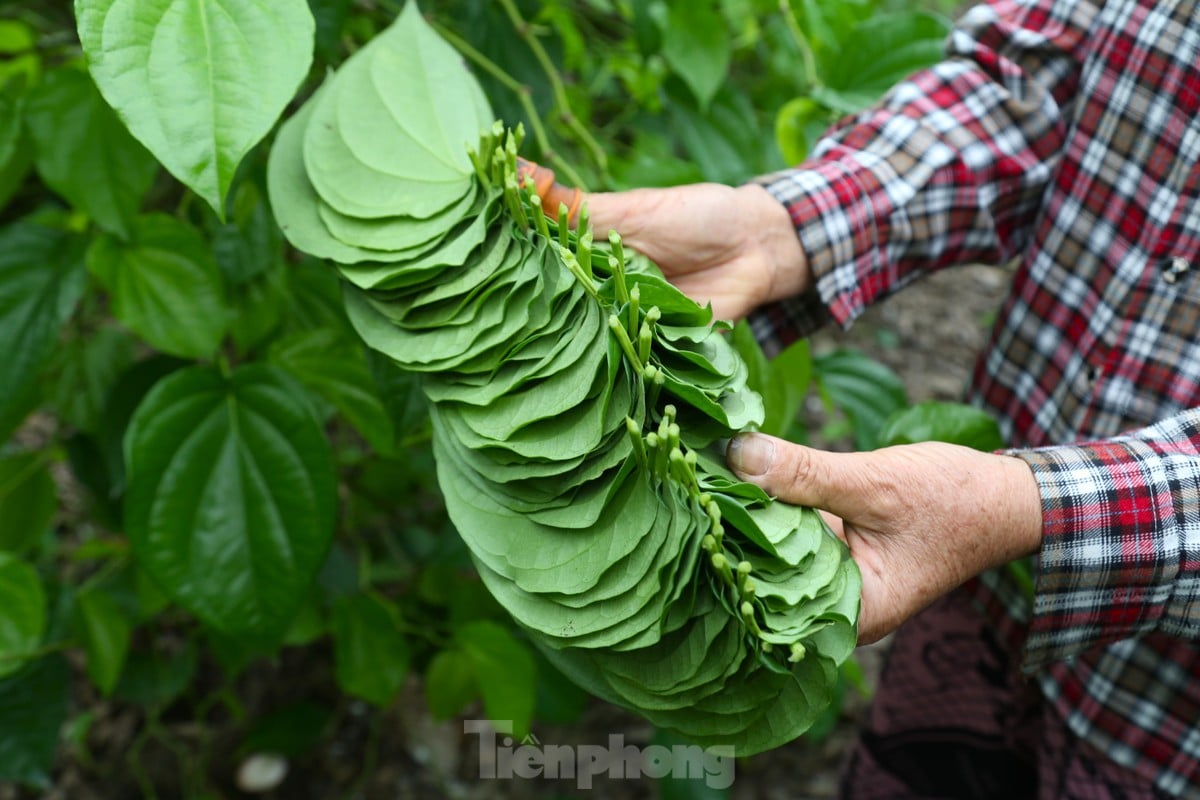

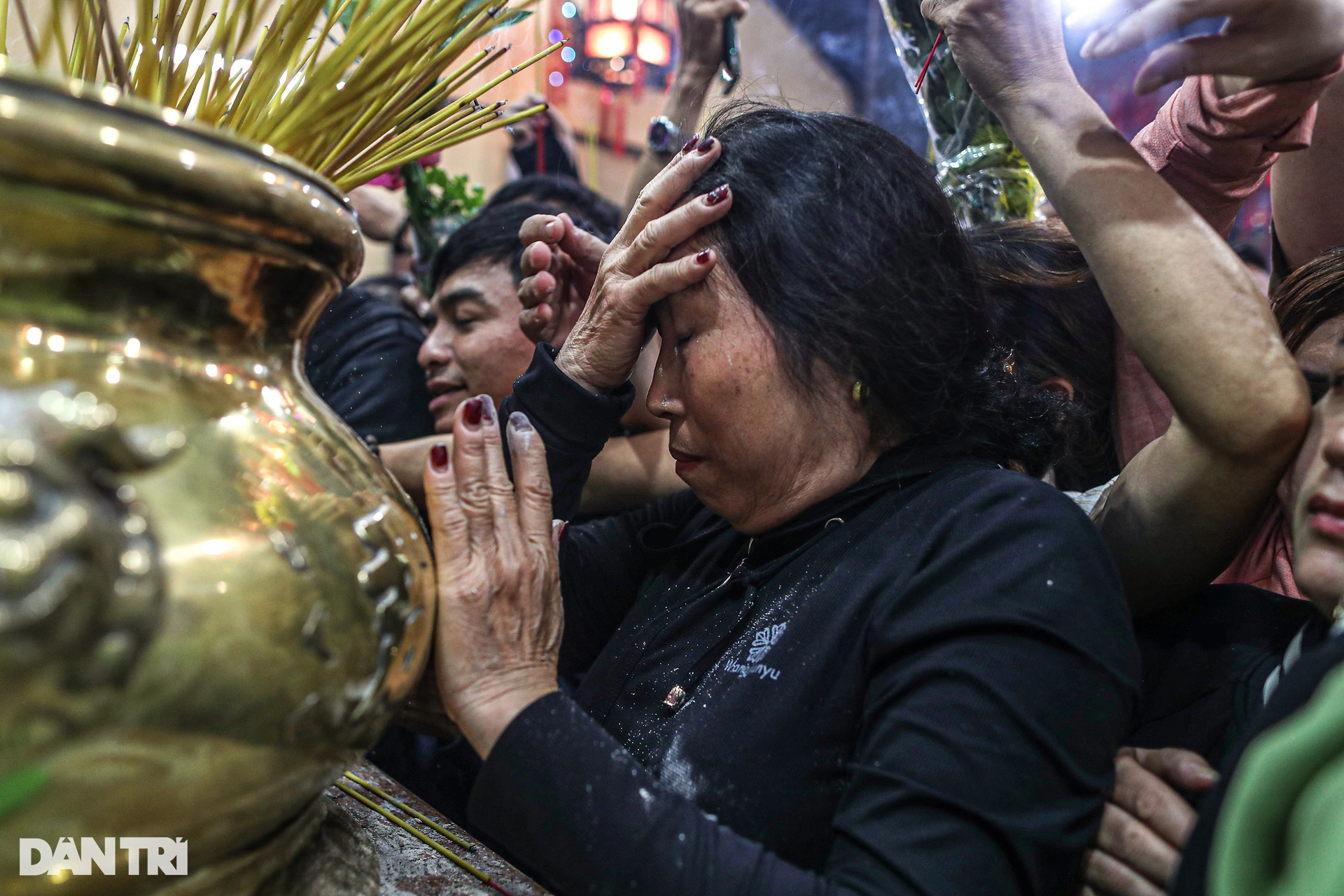
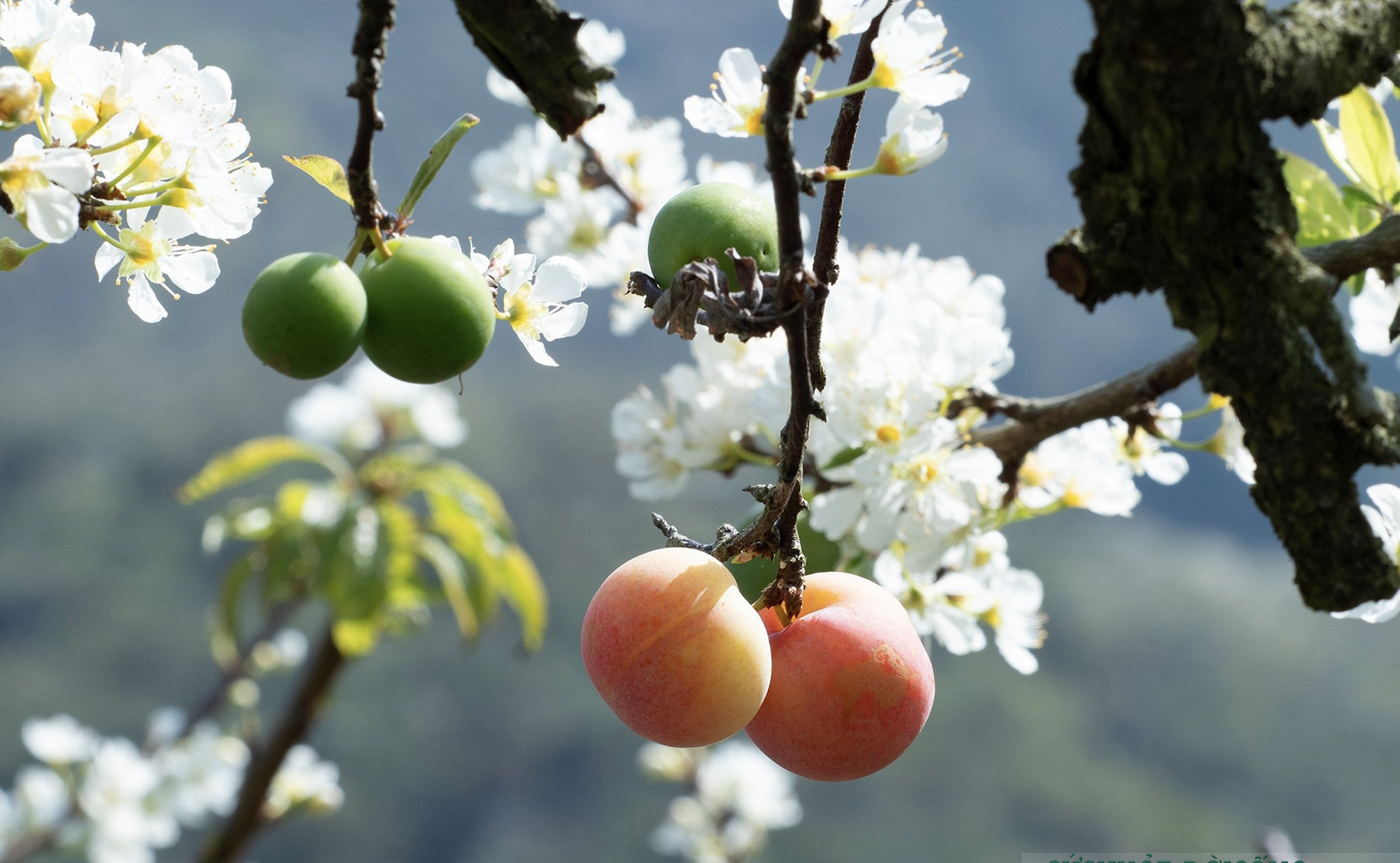






















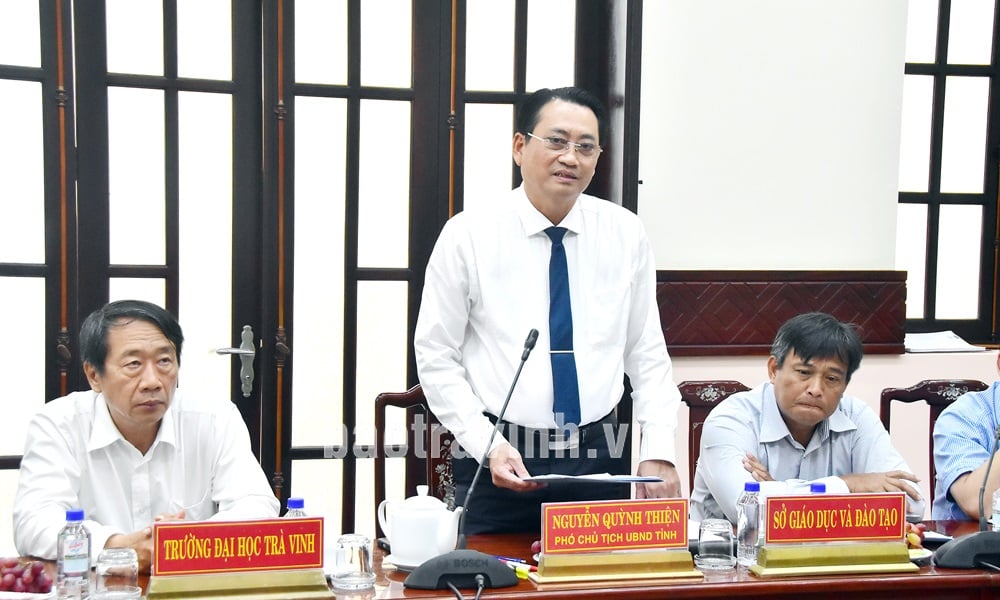

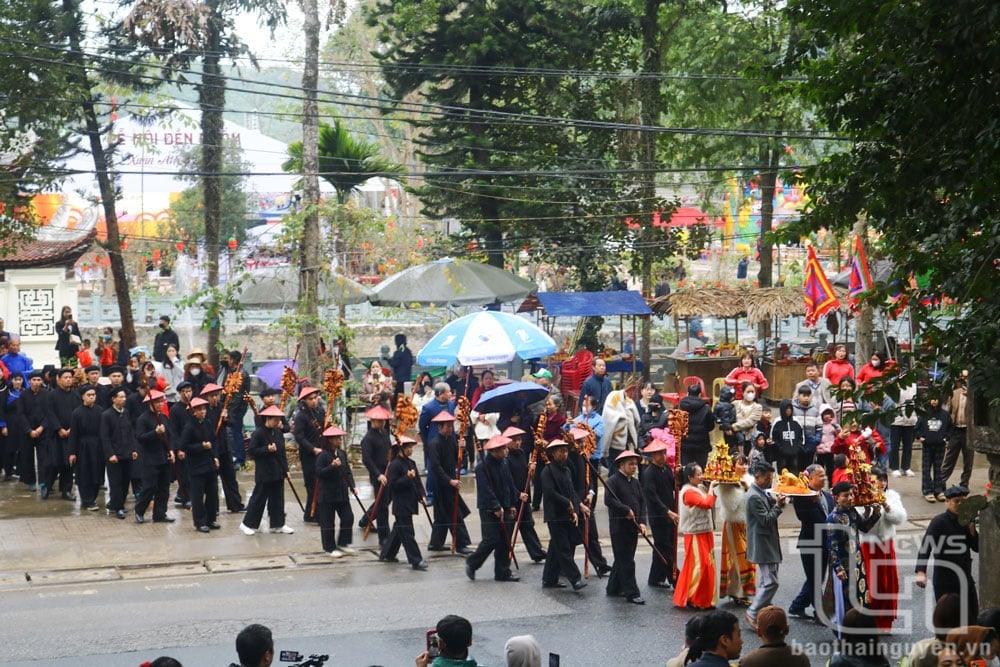
![Charming Vietnam [ Chau Doc ]](https://vstatic.vietnam.vn/vietnam/resource/IMAGE/2025/2/12/e96a46dceb5e41b1bcc3cf7dc6d54708)
![Charming Vietnam [ Phong Nha National Park ]](https://vstatic.vietnam.vn/vietnam/resource/IMAGE/2025/2/12/1cc2c12b6cb84938b32182cccf560b3c)
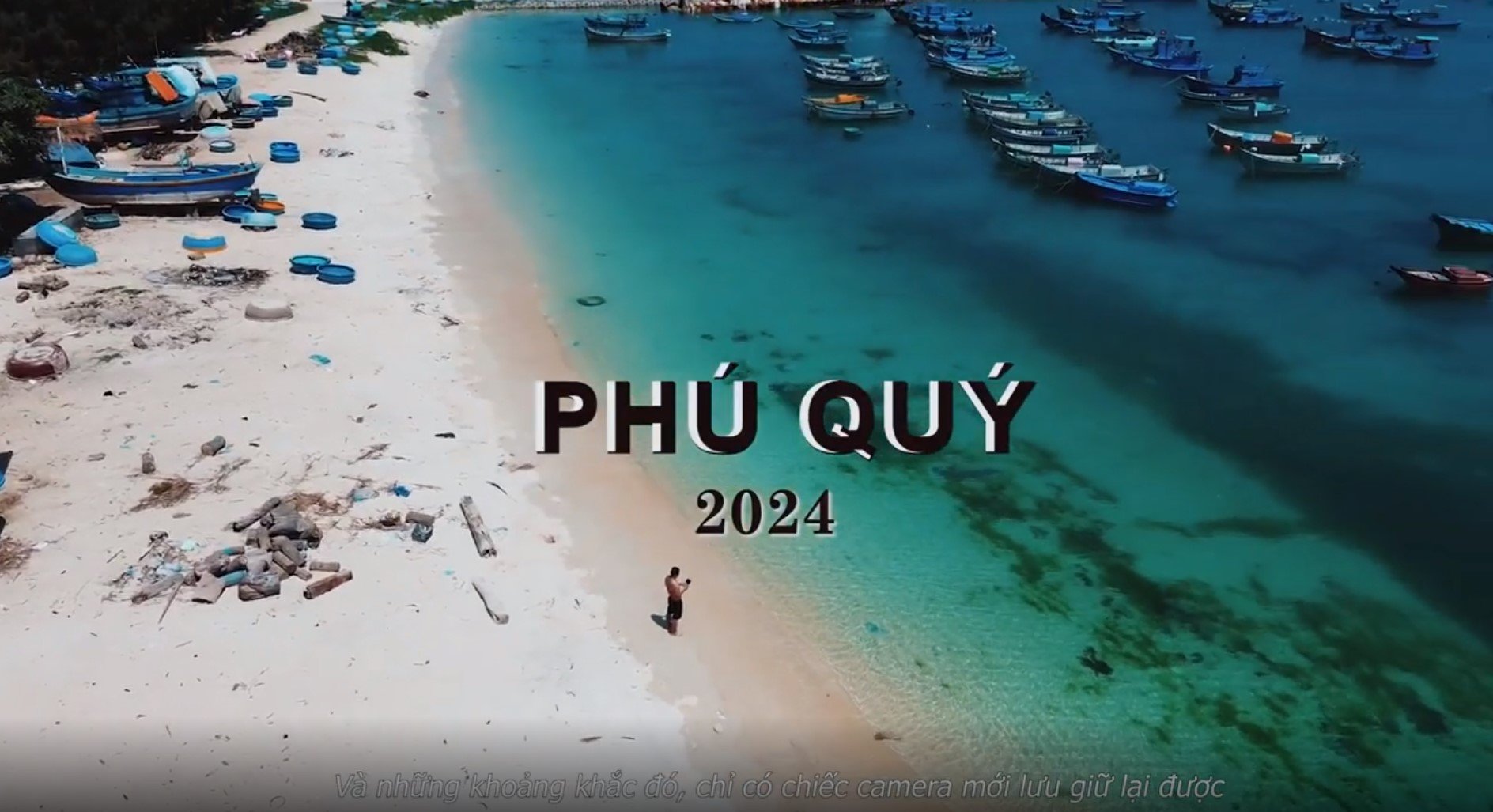





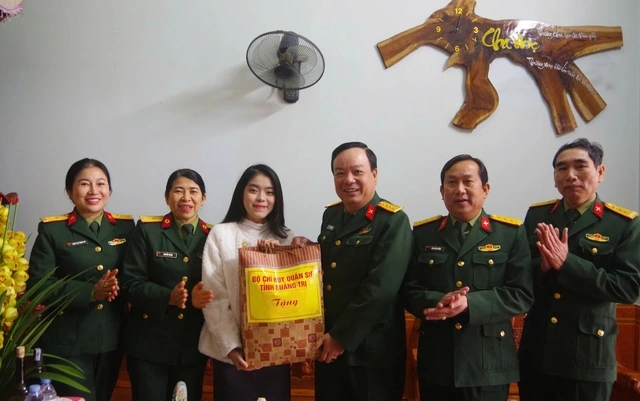



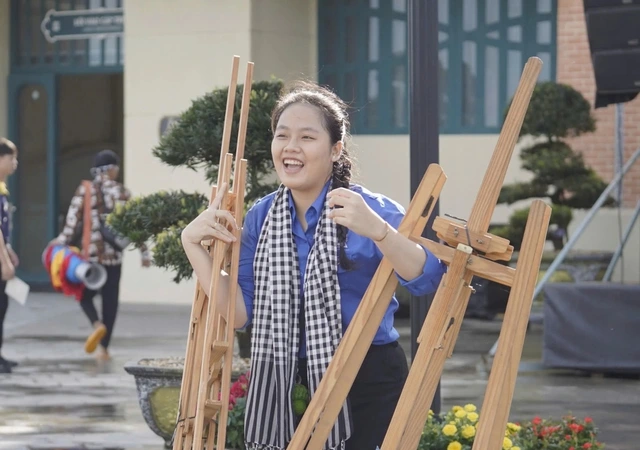






Comment (0)